The increased reliance of many industrial sectors (e.g., transport, healthcare, telecommunications, agriculture and banking) on space assets and services for their own functioning and competitiveness highlights the increasing need to address the management of assets in space with a sustainability mind-set – financial and environmental.
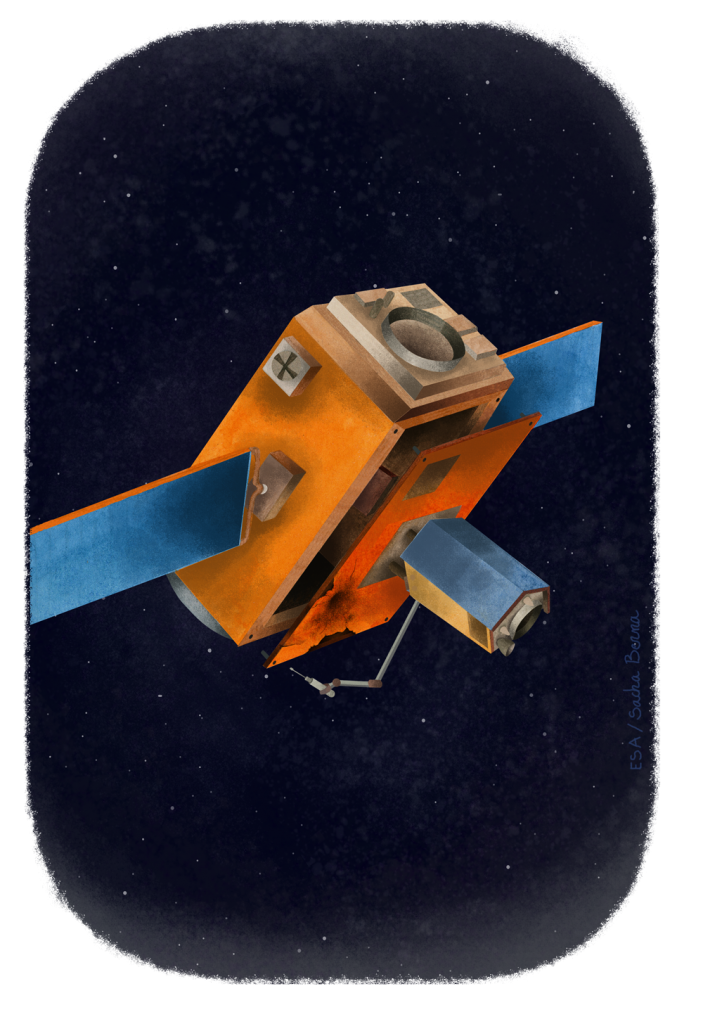
Worldwide, the public sector has taken up a ‘first-mover’ role in leading these efforts. Likewise, the expectation is that the private sector will step up, invest, and take the necessary steps to prepare for future associated commercial markets.
The development of a more vibrant market in space for in-orbit activities (servicing, rendezvous, assembly, refurbishing, manufacturing and recycling) is both expected and desired in economic terms so that operators can receive profitable returns on their initial investment.
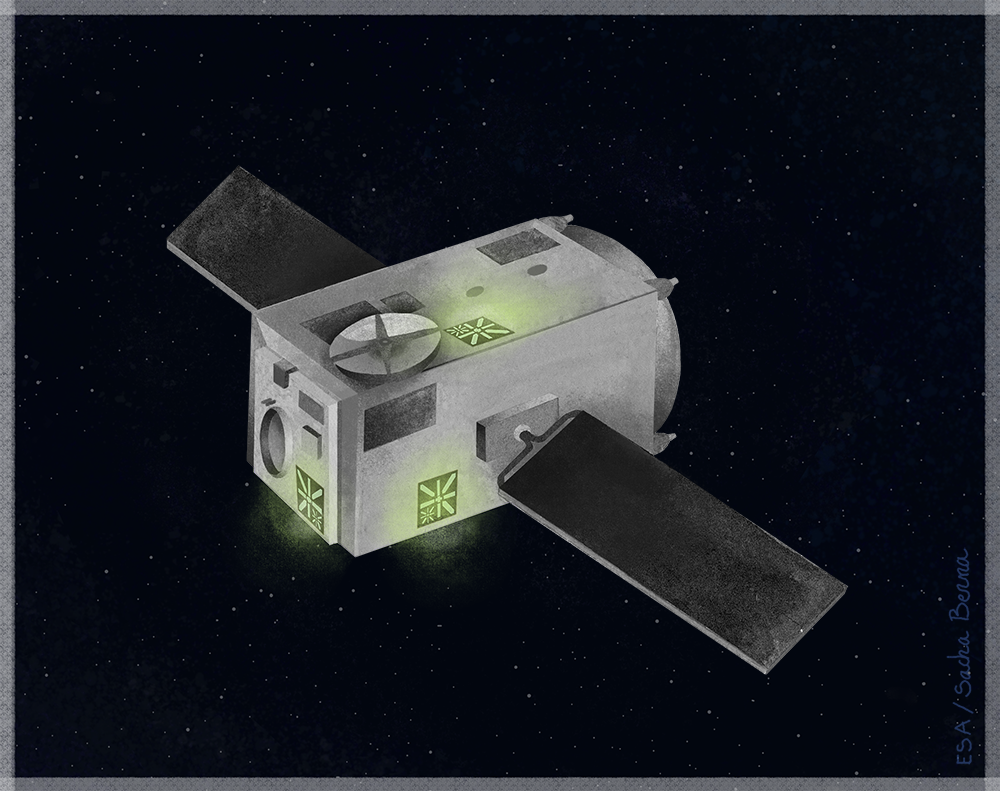
Over the past few years, the European Space Agency has fostered growth in this area by investing approximately 50 M€ in the development of new technologies, supporting industry in system architecture analysis and business case assessments for In-Orbit Servicing (IOS).
Recently ESA committed to a 100 M€ contract for a service to remove a relic of an ESA mission from orbit through its ADRIOS project (Active Debris Removal / In Orbit Servicing) as part of the ESA Space Safety Programme. The aim of ADRIOS is to contribute actively to a cleaner space environment and to demonstrate the capacities for in-orbit debris removal as well as to foster greater capacity for commercial in-orbit services for institutional and private sector needs.
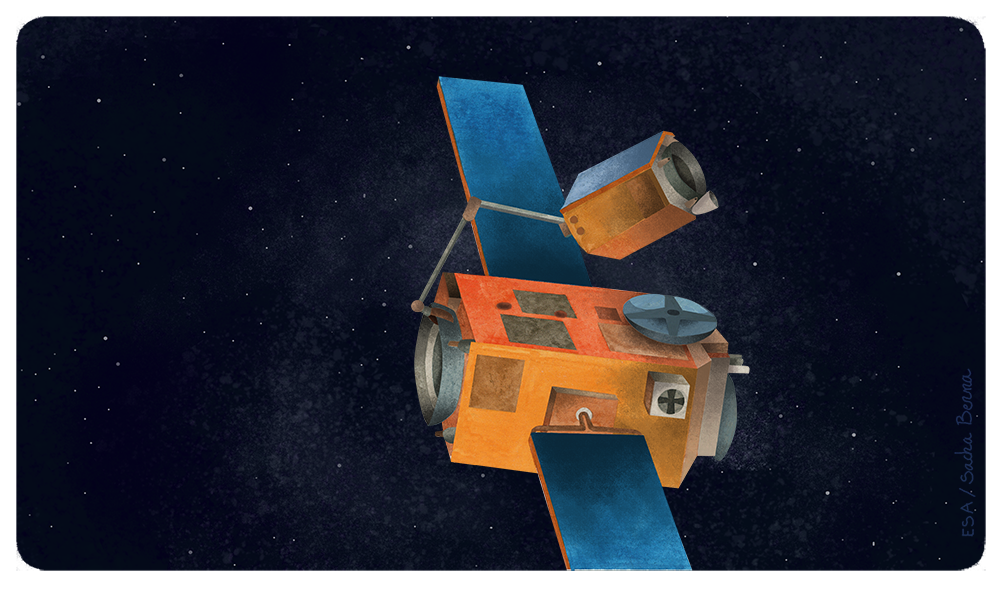
Worldwide satellite manufacturers – start-ups as well as established large system integrators –are preparing their satellites to be serviced. Thus ensuring the offer developed through public investments to respond to the rising demand
Looking forward, the aim for ESA is to contribute to creating and capturing new demand in Europe by fostering growth in in-orbit servicing, but to also stimulate and enable demand by developing a market in the wider context of commercial IOS. This the European Space Agency will do in a number of ways, including a new initiative which is the subject of this Request for Information (RFI).
The RFI opened on Monday 22 March. For further information please access the RFI through ESA’s Open Space Innovation Platform (OSIP).
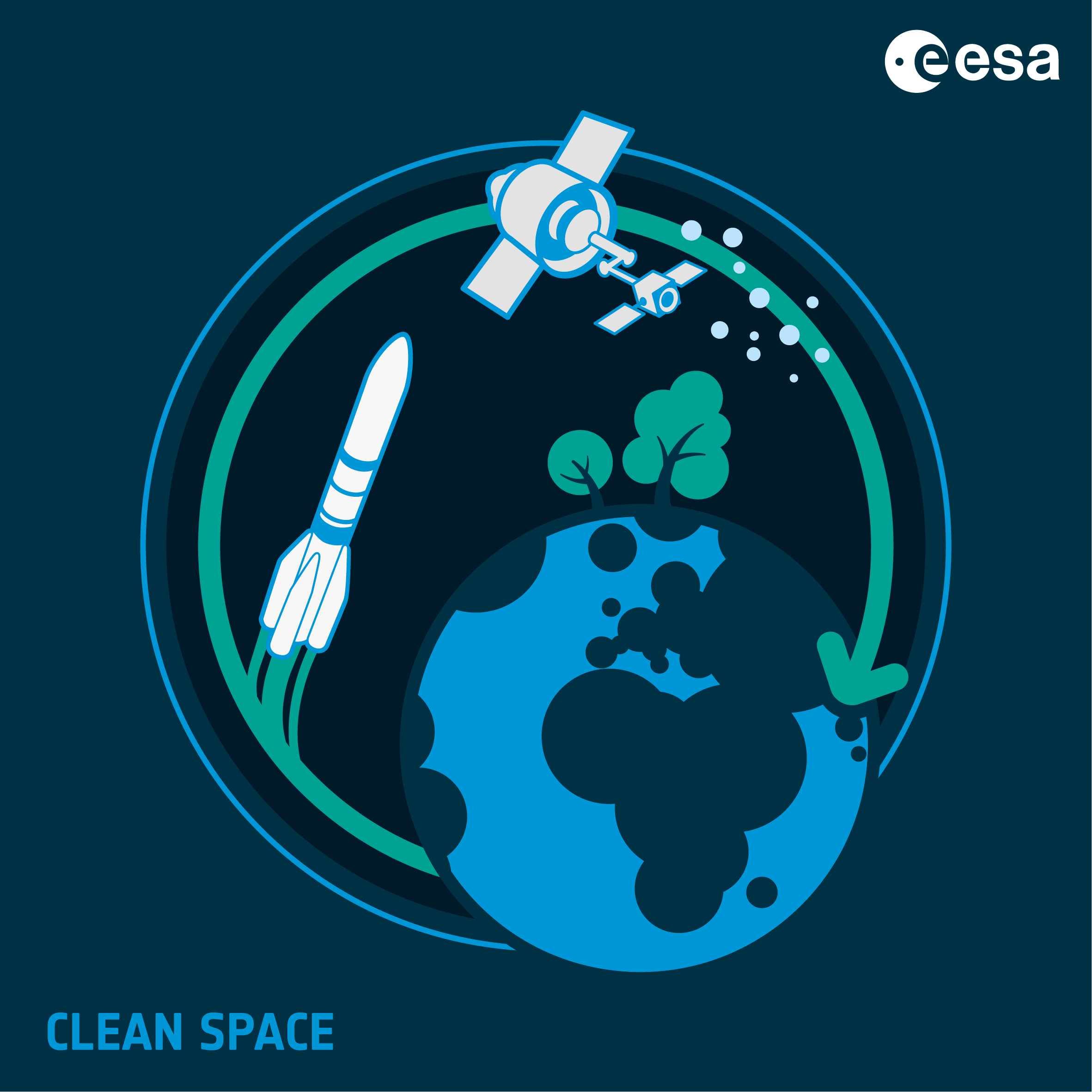

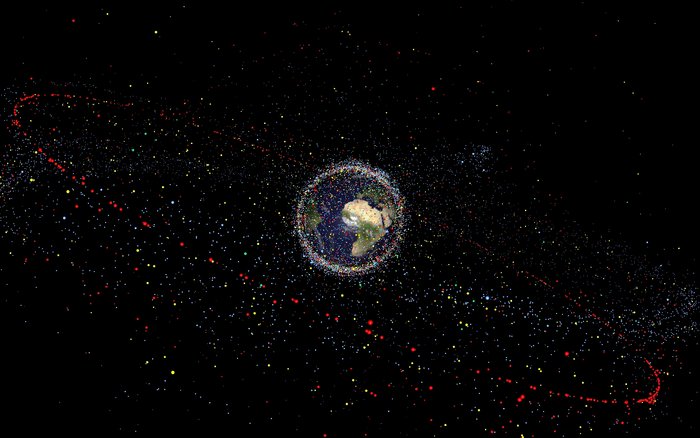
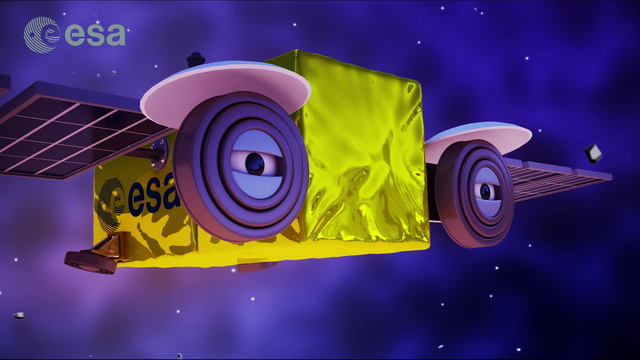
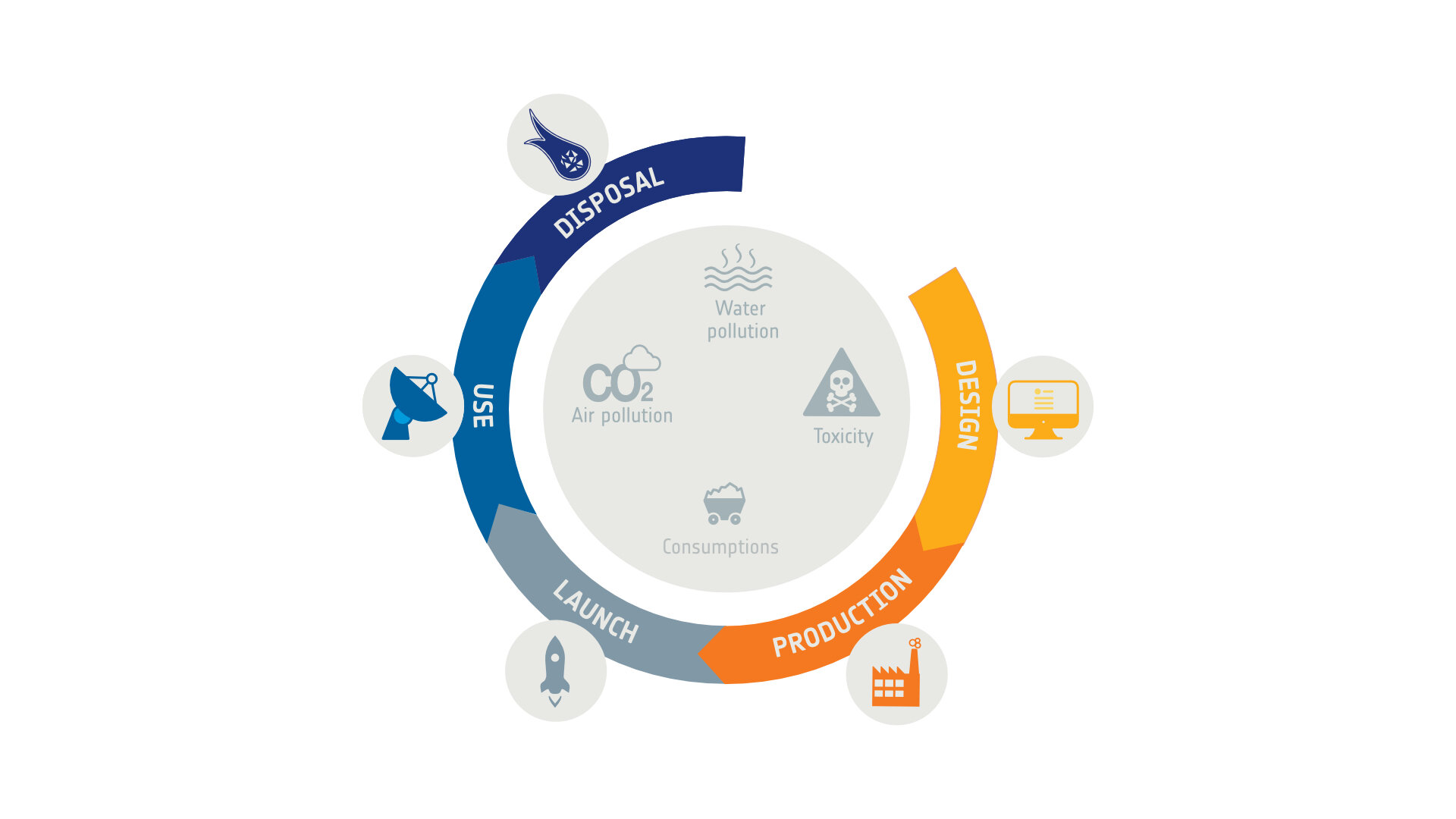
Discussion: 4 comments
About the contract with the company Space Clear for 100 million euros .Don’t you understand that the way this company offers to dispose of space debris is absolutely unacceptable for industrial use ?Spend 100 million.euros for the disposal of space debris weighing 100 kg-this is clearly some kind of super-stupidity .The same can be said about the work of Astroscale. I wonder who in the ESA lobbies for such projects ? The public should know the author ! This is absolutely wasted money .Want to get a good project ? Make an international competition open to everyone – and judge it openly and honestly, too .
Dear Sergey,
The ClearSpace-1 mission will contribute actively to cleaning up space, while also demonstrating the technologies needed for debris removal. This mission, part of the ESA Space Safety programme, will be the first space mission to remove an item of debris from orbit. There is a global consensus in the space debris experts community that removing large pieces of debris is the only way to tackle the space debris problem, along the development of technologies for the end of life management.
Best regards,
Jessica
Dear Jessica.
Even if the Clear Space 1 mission ends successfully (that is, it “disposes” a large object of space debris weighing 100 kg for 100 million euros), how many companies do you think will use this technology? Or will ESA pay for the removal of all other broken satellites and other objects (in my opinion there are about 3000 of them)?
The world is full of technologies that can show a demo model, but they cannot be applied on an industrial scale, and therefore they are useless.The technology that Clear Space 1 uses is just that.
Sincerely,
Sergey
You should do more work